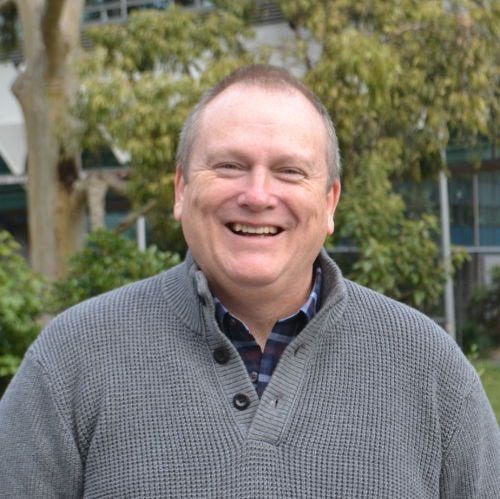What do you enjoy most about working in the lab and what are some of the challenges you face?
Structural biology lab work is extremely rewarding as it provides you with the privilege of observing the molecular mechanisms responsible for observed phenomena that no other person has witnessed before. That said, major discoveries can take 10 years to achieve. Thank you for your participation in this initiative which will allow our donors, stakeholders and individuals impacted by MS, to learn more about the talented researchers who are helping to bring us closer to finding a cure to this disease.
